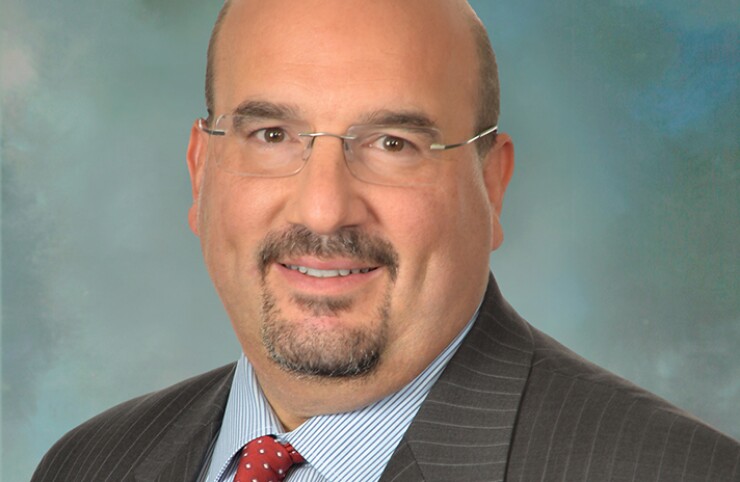The Jackson Hospital & Clinic in Montgomery, Alabama, has named a chief restructuring officer in the aftermath of a bond payment default.
Allen Wilen, partner at Eisner Advisory Group, will be the chief restructuring officer bond trustee UMB Bank, N.A., announced Thursday after the hospital failed to make a bond payment Tuesday.
UMB believes there is about $60 million of bond debt — secured by revenue and mortgage pledges — affected by the hospital’s default.
Wilen declined to comment on his new responsibilities except to confirm he is the CRO.
The developments come after the hospital defaulted on other responsibilities in the last few months and the bond trustee sought to accelerate payment of the bond in early August.
JHC did not make rent and bond trustee payments from March to July. It had been working to merge or in some other way affiliate with HumanityCorp, but this fell through. The bond trustee took action to accelerate payment of all the outstanding bonds in early August.
JHC didn’t make this payment and the bonds remain due in full.
In June, Moody’s dropped the rating to Caa2 with a negative outlook from B1 and then withdrew the rating. JHC’s outstanding Series 2015 bonds from the Medical Clinic Board of the City of Montgomery, Alabama, were initially rated Baa2 stable by Moody’s Ratings and BBB by S&P Global Ratings.
This week S&P dropped the rating to D from CC this week, citing the payment default.
In June, Moody’s cited the hospital’s severely deteriorated cash-flow and financial position, and said the hospital suffered from very weak financial strategy and risk management, management credibility and track record.
Moody’s subsequently withdrew its rating due to insufficient information.
The nonprofit healthcare sector has been
Only one nonprofit hospital default occurred this year compared to four in 2023, according to Default Trends.
“S&P Global Ratings has observed an increased number of technical covenant violations in U.S. not-for-profit health care over the past two fiscal years, largely attributable to operating weakness stemming from industry difficulties and inflationary pressure on expenses,” S&P said in April.
Moody’s reported that operating cash flow in the nonprofit healthcare sector went to 5.3% in fiscal 2023 from 8.5% in fiscal 2019. On a brighter note, the fiscal 2023 figure was roughly equal to that of fiscal 2022.
